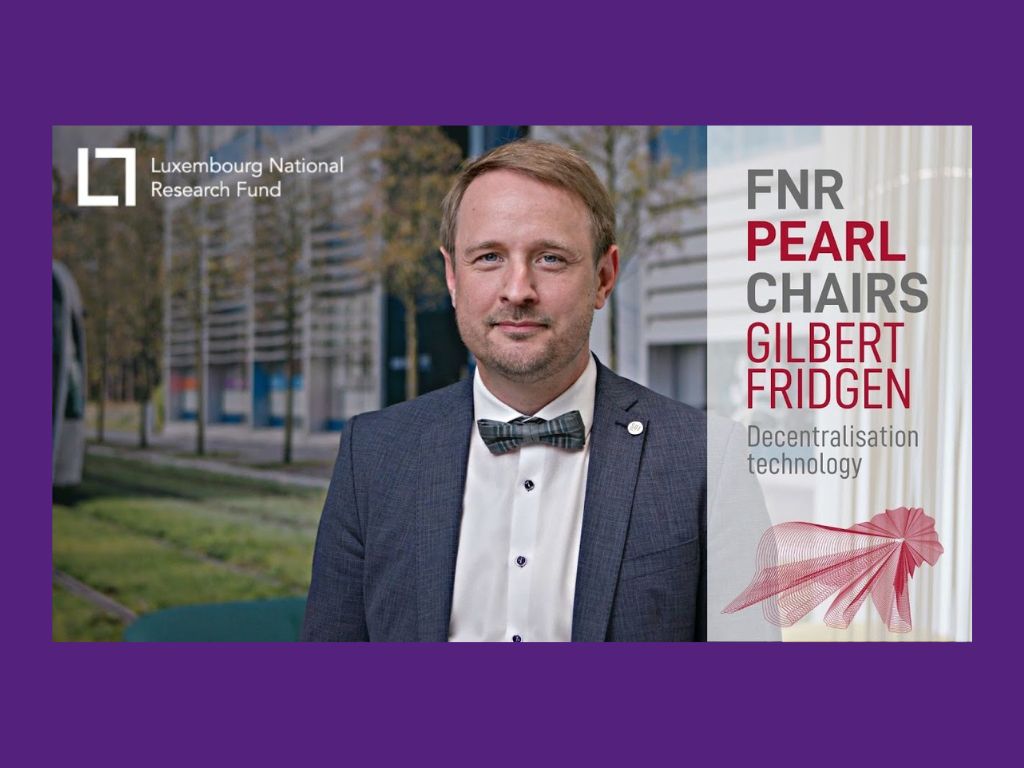PayPal-FNR PEARL Chair in Digital Financial Services
Since January 2020, Professor Dr. Gilbert Fridgen holds the PayPal-FNR PEARL Chair in Digital Financial Services. This first-of-a-kind public-private-partnership supports the goal of making Luxembourg a world leader in innovative financial services. With the PEARL program, the Luxembourg National Research Fund offers Luxembourg’s research institutions attractive funding to enable them to draw established and internationally recognized researchers from abroad to Luxembourg.

Our Research

Application and Impact of
Decentralisation Technology
FINATRAX conducts research on the application and the impact of decentralisation technology on organisations in the private or public sector. By doing so, it builds bridges between business research and information systems engineering.
FINATRAX in numbers
-
32Staff
-
11Alumni
FINATRAX and the
FinTech National Centre of Excellence

World-class research and education
Gilbert Fridgen is Principal Investigator of the FinTech National Centre of Excellence in Research, that is strongly linked to the FINATRAX research group. The NCER FinTech aims to strengthen Luxembourg’s position as an innovative financial hub.
Head of Research Group

Gilbert Fridgen
Full Professor and PayPal-FNR PEARL Chair in Digital Financial Services
Deputy Head of Research Group





